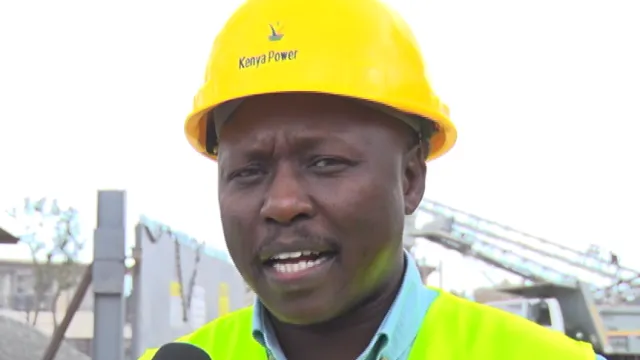Kenya Power to improve electricity supply in Western Region at a cost of KSh1.5 billion

Kenya Power to improve electricity supply in Western Region at a cost of KSh1.5 billion
Kenya Power will spend KShs.1.5 billion to implement various projects aimed at improving power supply in Kisumu and the wider Western and Southern Nyanza region. The Company said it will undertake massive projects which include repair works on existing substations and distribution lines, installation of additional transformers in Kisumu South, Chemelil, Muhoroni, Sibembe and Bukembe substations to cope with growing power demand. The projects will also involve an extension of the distribution network through the construction of new medium and low voltage lines in the region to connect more homes to the grid. These projects are scheduled for completion by 2019.
"The Company is focused to enhance the quality of power supply to both domestic and industrial customers through investment in the distribution infrastructure that will ensure that customers are supplied from various points to minimise outages," Said Kenya Power's Managing Director & CEO Dr. Ken Tarus.
He was speaking when he visited Kisumu Concrete Products (KCP) and Mombasa Maize Millers over the weekend, as part of the Company’s engagement with large power customers.
Electricity is a key enabler of economic growth and as such Kenya Power plays a key role in the Government’s Big-Four Agenda.
Dr. Tarus noted that the issue of high cost of power is a concern to the Company as well and assured customers that the Government is working to find a solution. He said, on its part, Kenya Power is focused on optimizing the energy mix by ensuring that more renewable energy is absorbed to reduce reliance on thermal electricity and lower the fuel cost charge.
“The issue of high cost of power has been presented to the Government and is being considered. When a solution is found, Kenya Power will be more than willing to implement,” Dr. Tarus said.
Approximately, 60% of Kenya Power’s revenue from the sale of electricity is from large power consumers.
The large power customers engagement programme comprises industrial visits, the establishment of regional industry liaison offices to enable coordinate response to customer issues, segmentation and grouping of customers into WhatsApp groups to encourage real-time communication and incident management.



